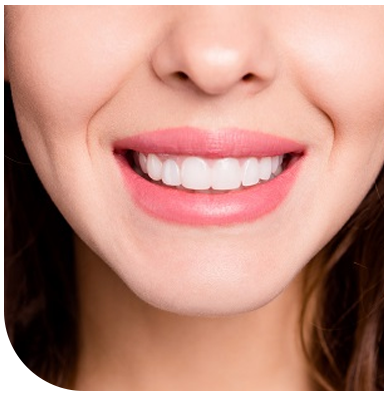What does good oral hygiene mean to you: Flashing a pearly-white smile? Having fresh smelling breath? Feeling that squeaky-clean sensation all around your teeth and tongue? All of these are important indicators about the state of your oral health — and they're often the first thing people notice when they meet you. But getting your teeth, gums and mouth really clean, and maintaining that healthy state throughout the day (and in the months between professional dental cleanings) can be challenging.
Of course, there's much more to oral hygiene than just a bright smile. Take tooth decay, for example: Despite all our efforts, it's still the single most common chronic disease of childhood, affecting two-thirds of U.S. kids aged 12-19. It is 5 times more common than asthma, 7 times more common than hay fever — and it's almost totally preventable. Several other diseases commonly affect the mouth, including periodontitis (gum disease), which, if left untreated, can lead to tooth loss and possibly systemic (whole-body) inflammation.
In many ways, the health of the mouth mirrors the health of the body. Diseases in other parts of the body often cause symptoms we can observe in the mouth; likewise, oral maladies (like tooth loss) not only reduce an individual's quality of life, but may also lead to problems in other areas. That's another reason why maintaining good oral hygiene is so important.








